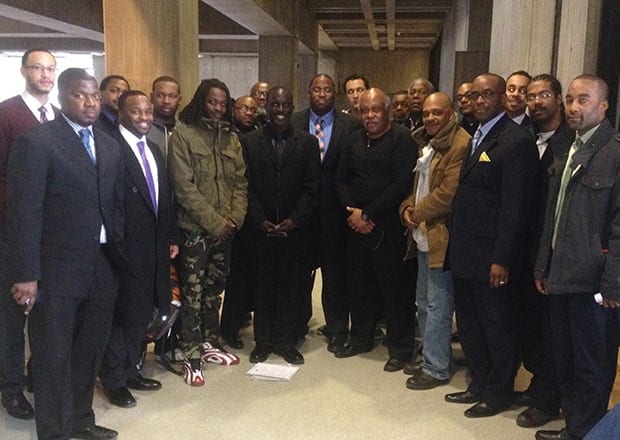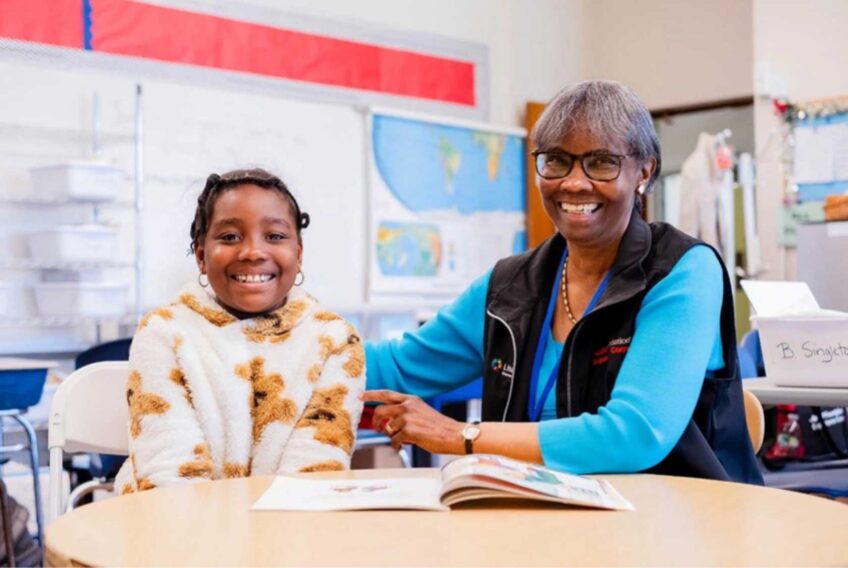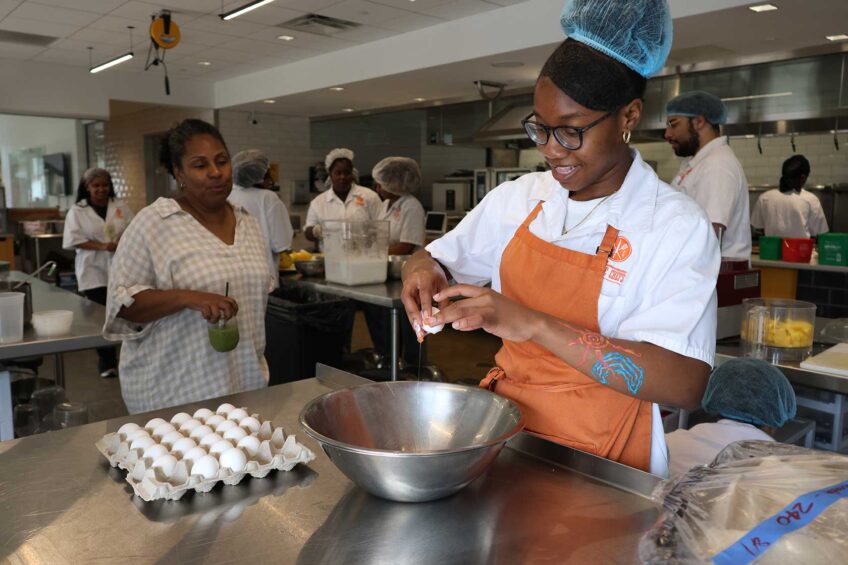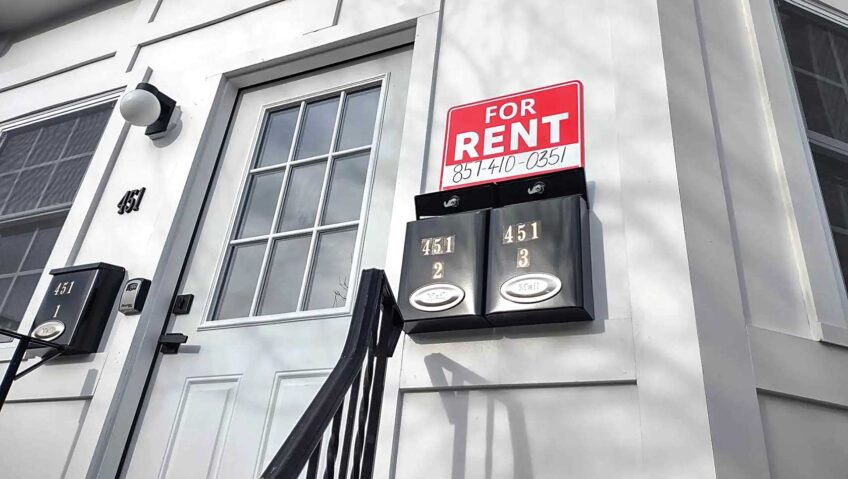
City Councilor Tito Jackson’s call for a special commission to study the issues confronting black boys and men dovetailed so well with President Obama’s announcement of his My Brother’s Keeper initiative aimed at black boys, it almost seemed planned.
But the impetus for Jackson’s commission, which the council approved 13-0, was local groups of black men concerned about the plight of black males in Boston.
“The commission is going to be focused on improving the conditions affecting the cultural, social, economic, political, judicial and general health and wellbeing of black men and boys in the city of Boston,” Jackson said.
The commission will have 14 members and be charged with gathering statistics and information on black boys and men in Boston, making policy recommendations and measuring the outcomes, according to Jackson. Jackson’s proposal also calls for a new position in the mayor’s cabinet to coordinate city services that affect the lives of black men and boys.
Jackson said he had no foreknowledge of the president’s initiative when he began discussing his idea for the commission.
“I think it’s wonderful that multiple parts of government at the national and local level are looking at a group of people we need to focus on and who have some of the worst outcomes and the best potential,” Jackson said.
In their respective announcements both Jackson and Obama invoked the memory of Travon Martin, the Florida teenager whose death in 2012 at the hands of a neighborhood watchman went unpunished in the courts. Both cited statistics showing black males are more likely to be killed, less likely to graduate from high school and more likely to be unemployed.
“We just assume this is an inevitable part of American life, instead of the outrage that it is,” Obama said, speaking during a press conference with corporate leaders, foundation heads and luminaries including former Defense Secretary Colin Powell and NBA star Magic Johnson. “It’s like a cultural backdrop for us in movies, in television. We just assume, of course it’s going to be like that. These statistics should break our hearts. And they should compel us to act.”
There are key differences between Jackson’s approach and the president’s. While Jackson’s plan involves the coordination of city services, Obama’s initiative, My Brother’s Keeper, is a nonprofit funded by large national foundations.
With $200 million in funding, the organization will focus attention on issues including early childhood development, school readiness, parenting, the criminal justice system and other issues.
Obama said a White House task force will propose government solutions to the problems facing black males in conjunction with My Brother’s Keeper.
Also last week, 200 municipal officials and 17 mayors met in New Orleans to launch Cities United, an effort to stem the tide of violence affecting black males in the U.S.
Jackson said his approach to the commission was inspired by the work of the Boston Women’s Commission, which has compiled statistics on the status of women in Boston and tracked their progress.
“I really looked at the data that the Women’s Commission had gathered and the progress they had made in the city of Boston,” he said. “I was able to see that focusing on issues and having goals for improvement are absolutely important.”
The luminaries who turned out to support Jackson during the council meeting last week were not as well-known as those who are backing Obama, but there appearance at City Hall demonstrated a level of cooperation between community groups.
Horace Small, executive director of the Union of Minority Neighborhoods, said his organization worked with Jackson to create a network of civically-engaged men to work on black male issues, holding a series of focus groups and meetings during black history month and circulating a “black man’s pledge,” in which signers agree to take action to help black males.
“The network is the most important thing,” Small said. “Everybody has made a commitment to keep their egos at the door.”
Among those present were the reverends William Dickerson, Bruce Wall and Jeffrey Brown.
“We all have to work together and recognize that our destinies are intertwined,” Dickerson said. “We have to work with anyone who is working for positive change.”







